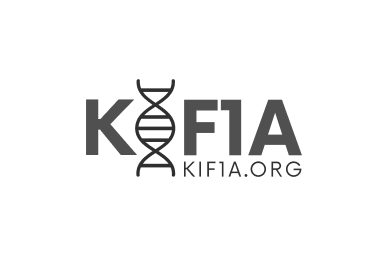KIF1A.ORG

Be nothing short of relentless
Rare disease patients and families are the bridge that connects researchers and industry, and drives them to act with urgency and an understanding of what matters most to patients. Patients and families must be at the center of research and development to deliver meaningful therapeutic outcomes.
Luke Rosen has built a united and active community of families, scientists, clinicians, and innovators since launching KIF1A.ORG with Sally Jackson in 2016 after their daughter’s KIF1A diagnosis. KIF1A Associated Neurological Disorder (KAND) is a neurodegenerative disorder caused by mutations in the KIF1A gene. KAND causes a constellation of medical challenges, including spastic paraplegia, hypotonia, epilepsy, intellectual disability, optic nerve atrophy, and cerebellar atrophy. Commonly a pediatric-onset disorder, KAND has a progressive course and can cause severe, life-threatening complications. There are no treatments or cures. Yet.
KIF1A.ORG is excited to be part of the culture shift in the scientific and patient community that values collaboration over competition. When open science is widely embraced, KIF1A.ORG believes those at the forefront can deliver life-changing and life-saving treatment options for patients faster than ever before. The Rare As One Network will equip KIF1A.ORG with the capacity-building tools and resources needed to expand and engage a collaborative KIF1A Research Network so it can discover treatments for this generation of KIF1A patients.
Research Progress & Capacity Building Updates
KIF1A.ORG is excited to be part of the culture shift in the scientific and patient community that values collaboration over competition. When open science is widely embraced, KIF1A.ORG believes those at the forefront can deliver life-changing and life-saving treatment options for patients faster than ever before. The Rare As One Network will equip KIF1A.ORG with the capacity-building tools and resources needed to expand and engage a collaborative KIF1A Research Network so it can discover treatments for this generation of KIF1A patients.
“Patients and families must be at the center of R&D to deliver meaningful therapeutic outcomes.”






